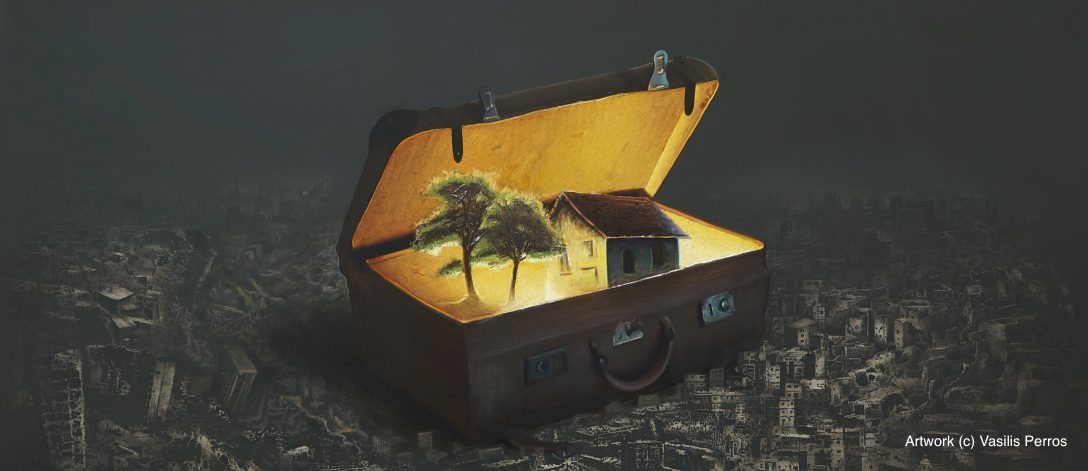How the BRI is Reshaping the World.
In the 21st century China’s rise to superpower status is already ushering in a new wave of global transformations. First, China’s Belt and Road initiative (BRI) is now its flagship global endeavor that is no longer merely a re-animation of the silk road. It is a mega-project requiring an estimated $ 5 trillion for the construction of infrastructure. The aim is to unite Asia, Europe, and Africa in a conveyor belt formation by land and water so that products will move freely and seamlessly from one region to the next, across nations. Beyond the global geopolitical re-alignments that it has helped accelerate, it has induced China to increasingly contribute to the construction of frames meant to provide a vision and a pathway in dealing with the climate crisis, environmental degradation, and how they impact both its own future, but also the world as a whole. In fact, “Ecological civilization” has now become the official call to action. It is the most current of top down imaginaries and constitutes a prospective melding of socialism, harmonious society, technocratic understandings and sustainability. The BRI, moreover, serves as the vehicle by which China’s input on global environmental governance, along with its highly technocratic and centralized vision of knowledge creation and dissemination is already impacting an existing system of global institutions created largely by the West after the Second World War.
My research project seeks to examine how China’s rise, its vision for the Belt and Road Initiative, shifting power relations, and the land and maritime “re-unification” of Eurasia and Africa have already begun to reshape global institutions, norms, and governance structures, opening up a space for greater mobility that goes beyond the trade of goods. Population movement and exchanges along the Belt and Road are also an important factor in this transformation and seeking ways to work with or reject otherness and difference will require a renewed intellectual debate and rethinking in order to imagine less fraught global relations and exchanges.
